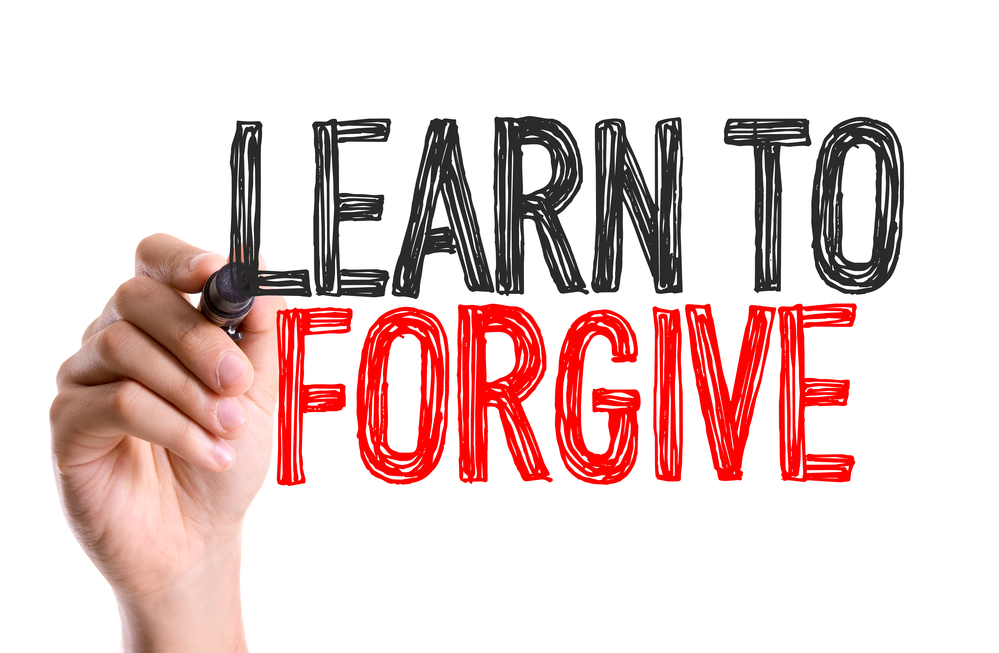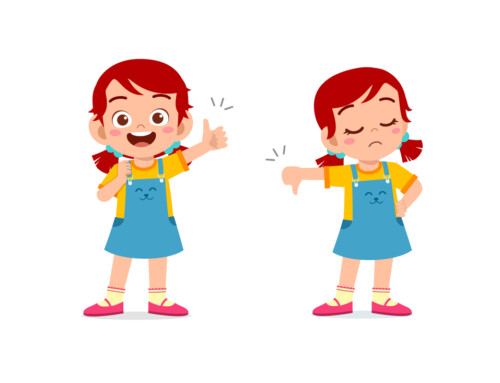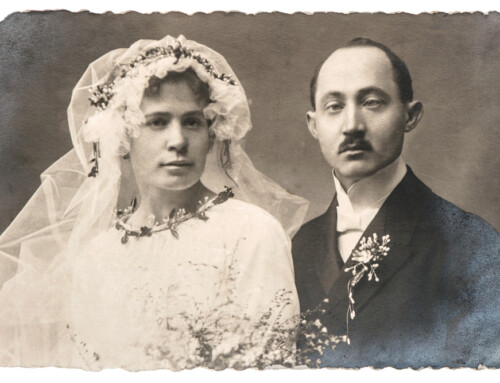{5 minutes to read} Who hasn’t been hurt by the actions or words of another? A parent constantly criticized you growing up, a colleague sabotaged a project, your partner had an affair, or you were physically or emotionally abused by someone close to you.
These wounds can leave lasting feelings of anger and bitterness — even vengeance. However, if you don’t practice forgiveness, you might be the one who pays most dearly. By forgiving, you can embrace peace, hope, and gratitude, and find physical, emotional, and spiritual well-being.
What is Forgiveness?
Forgiveness is a decision to let go of resentment and thoughts of revenge.
The act that hurt or offended you might always be with you, but forgiveness can help free you from the control of the person who harmed you. It can even lead to feelings of understanding, empathy, and compassion for the one who hurt you.
Forgiveness doesn’t mean forgetting or excusing the harm done or making up with the person who caused the harm. It simply brings a kind of peace that helps you go on with your life.
Letting Go of Grudges and Bitterness Can Make Way For:
- Improved mental and physical health
- Peace of mind
- Healthier relationships
- Less anxiety, stress, and hostility
- Improved self-esteem
Why Is It so Easy to Hold a Grudge?
Being hurt, particularly by someone you love and trust, can cause anger, sadness, and confusion. If you dwell on the hurt, you allow negative feelings to crowd out positive ones, and you may find yourself swallowed up by your own bitterness or sense of injustice.
What May Happen When You Hold a Grudge?
- Anger and bitterness will color every new relationship and experience.
- You can become so wrapped up in the wrong, you can’t enjoy the present.
- You may become depressed or anxious.
- You may feel that your life lacks meaning or purpose.
- You can lose valuable and enriching connectedness with others.
How Do You Reach a State of Forgiveness?
- Recognize the value of forgiveness.
- Identify what needs healing and who needs to be forgiven for what.
- Acknowledge and work to release your emotions about the harm done.
- Choose to forgive the person who has offended you.
- Move away from your role as victim and release the power that the offending person has had on your life.
- As you let go of grudges, you might even find compassion and understanding.
What Happens If You Can’t Forgive Someone?
Forgiveness can be challenging, especially if the person who has hurt you doesn’t admit the wrong. If you find yourself stuck:
- Practice empathy. Try seeing the situation from the other person’s point of view.
- Ask yourself why they would behave in such a way. Perhaps you would have reacted similarly if faced with the same situation.
- Reflect on times you’ve hurt others and on those who have forgiven you.
- Write in a journal, talk with a spiritual leader or a mental health provider.
Forgiveness is a process, and even small hurts may need to be revisited and forgiven again and again.
Does Forgiveness Guarantee Reconciliation?
If the hurtful event involved someone whose relationship you otherwise value, forgiveness can at times lead to reconciliation.
Reconciliation might be impossible if the offender is unwilling to communicate or has passed away. In some cases, it might not be appropriate. Still, forgiveness is possible — even if reconciliation isn’t.
What If the Person I’m Forgiving Doesn’t Change?
Getting another person to change his or her actions, behavior, or words isn’t the point of forgiveness. Forgiveness is more about how it can change your life — by bringing you peace, happiness, emotional and spiritual healing, and taking away the power the other person wields in your life.
What If I’m the One Who Needs Forgiveness?
The first step is to honestly assess and acknowledge the wrongs you’ve done and how they have affected others.
If you’re truly sorry for something you’ve said or done, consider admitting it to those you’ve harmed. Speak of your sincere regret, and ask for forgiveness — without making excuses.
Remember, however, you can’t force someone to forgive you. Others need to move to forgiveness in their own time. Whatever happens, commit to treating others with compassion, empathy, and respect.
Forgiveness — a simple thing and yet sometimes so very difficult to achieve.
* Based on an article from the Mayo Clinic Staff
Jennifer Safian
divorce and family mediation
upper east side of manhattan (nyc)
new york, ny
(917) 881 5206
jpsafian@gmail.com
Latest posts by Jennifer Safian (see all)
- coping with divorce guilt - April 17, 2024
- does not reaching an agreement mean the mediation process failed? - March 27, 2024
- should I tell my children’s school that we are getting a divorce? - March 13, 2024






Leave A Comment